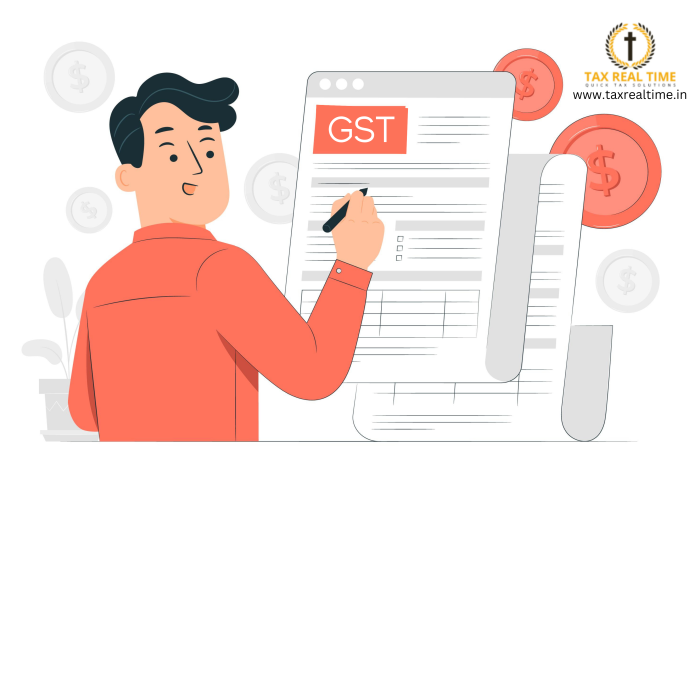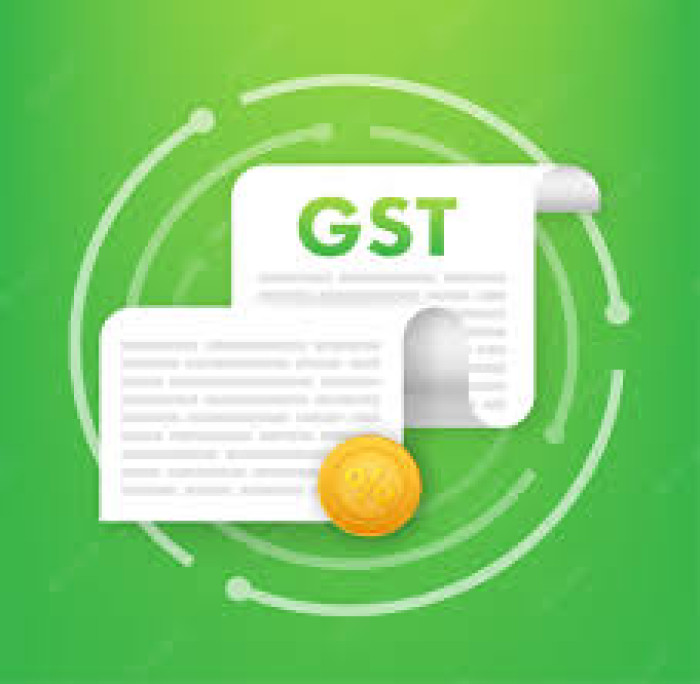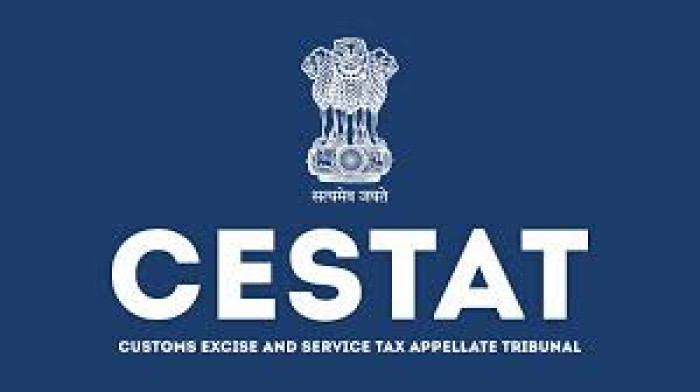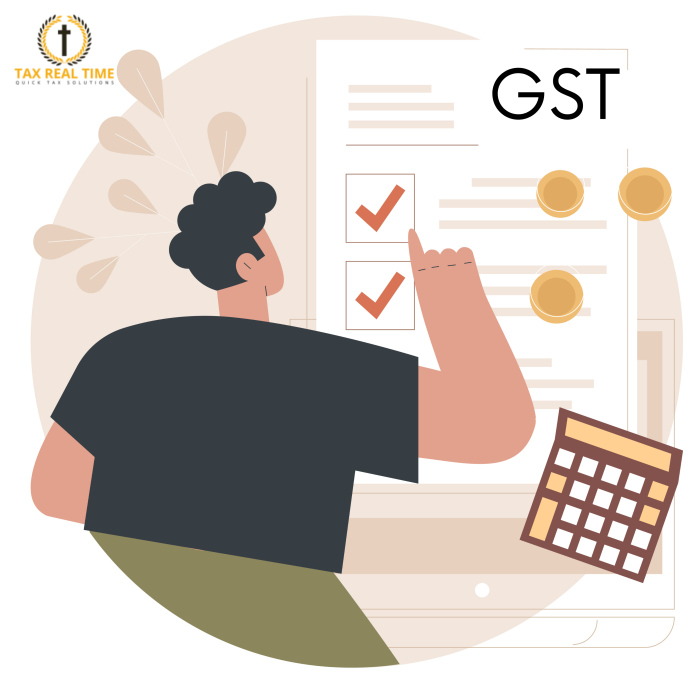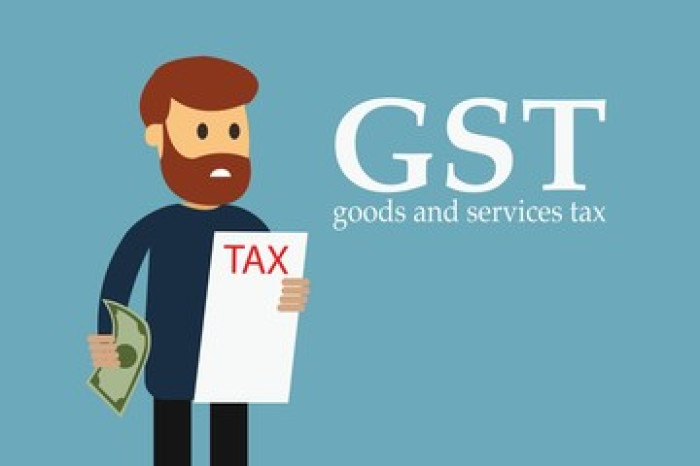GST – Delhi High Court: Supreme Court Suo moto Order of extension of limitation period is applicable even to the condonable period, and not just to the prescribed period of limitation under section 107 for filing Appeal; Though the provision does not suggest that the orders need not be signed by Revenue before uploading on GST portal, still Revenue should have appended digital signatures on the SCN and Order - Impugned order is set aside
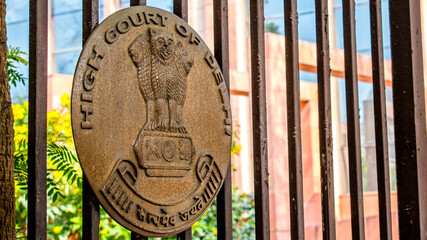

Your free trial / membership plan is expired.
Kindly subscribe to get complete access to indirect tax updates and issue wise cases
Why subscribe to us ?
Get complete access to news updates and download copy of case laws/ notification/ circular etc.
Be a part of our WhatsApp group and read real time indirect tax updates
Access to ready case laws of General Issues and Industry Wide Issues under GST
Access to relevant provisions of law / circular in respect to the issues, along with trail of their amendments
Write your GST query to us for evaluation
Subscription Charges:*
Indirect tax updates -
6 months @299 / 1 Year @499 only
Indirect tax updates + Issue wise cases -
6 months @1199 / 1 Year @1999 only
*Plus applicable GST
Admin
24-Aug-2022 11:10:35
Order Date: 21 July 2022
Facts-
- The Petitioner, Railsys Engineers Private Limited has filed the present petition against the Order-in Appeal passed by the Revenue Department wherein a Show Cause Notice dated 29.10.2019 and order was passed dated 25.11.2019 to cancel the GST registration of the petitioner.
- The Petitioners, has assailed the aforementioned Order-in-Appeal, the SCN and the order cancelling the registration of the petitioners, broadly, on the following grounds:
- The limitation period was extended by various orders passed by the Supreme Court in Cognizance for Extension of Limitation [Suo Motu W.P (C.) No.3/2020 dated March 23, 2022].
- The SCN, ordering to cancel the GST registration, is an unsigned order which directs the appearance of the Petitioner without indicating the venue where the proceedings would be conducted.
- The order cancelling registration did not bear the signature of the concerned authority.
- Rule 68 of the CGST Rules required the Respondent to issue a notice to the Petitioner concerning the non-filing of returns for the period in issue, having regard to the fact that up until February 2019, the petitioners had been regularly filing its returns.
- The period during which the petitioners did not file their return, spans between February 2019 and November 2019.
- The Respondent contended that returns for the continuous period of six months, were not filed by the petitioners and therefore, the SCN was issued regarding the cancellation of the registration. Further, the period of non-filing the returns being prior to Covid-19 kicking in, the orders passed by the Supreme Court in Cognizance for Extension of Limitation [Suo Motu Writ Petition No.3/2020 dated March 23, 2022] will not be applicable in the Petitioners’ case.
Issue-
- Whether the Petitioner is covered by the orders and directions issued by the Supreme Court in Cognizance for Extension of Limitation [Suo Motu Writ Petition No.3/2020], to which, reference has been made hereinabove?
- Whether the order cancelling GST registration needs to bear the signature of the concerned authority?
Order-
- The Division Bench of Hon’ble High Court observed that the period of limitation prescribed for filing the appeal under Section 107 of the CGST Act, 2017 is three months, which is amenable to extension by the period of one month by the Commissioner on sufficient cause being shown.
- The Court after taking note of the Supreme Court orders in suo motu writ petition and the fact that covid-19 restrictions were imposed on about 23.3.2020 throughout the country, found that it is clear that the extension of limitation applied even to the condonable period, and not just to prescribed period of limitation under section 107.
- The prescribed period of limitation ends on 24.02.2020, with a one-month leeway available to the Commissioner to extend the period of limitation. The condonable period of one month, in this instance, would end on 24.03.2020.
- Therefore, it was held that the impugned Order-in-Appeal dated 28.06.2021 is clearly contrary to the directions issued by the Supreme Court, and therefore, deserves to be set aside.
- Thereafter, the court observed that on a plain reading of the provision of section 169 it does not suggest that the orders need not be signed. At the least, the respondents/revenue should have appended digital signatures on the SCN and the above-mentioned order, as it has grave implications for the assessee.
- Accordingly, the Impugned order is set aside and the writ petition is disposed of.
Related Post
Post Category
Your free trial/ membership plan has expired. Kindly subscribe to get complete access of tax news updates.

Why subscribe to us ?
Get complete access to news updates
Access to the Order Copy of the case law/ Notification/ Circular etc
Be a part of our Whatsapp group and read real time tax updates
Access to ready case laws/ circulars on general and industry-wide issues under GST
Submit your GST issues to us for evaluation








